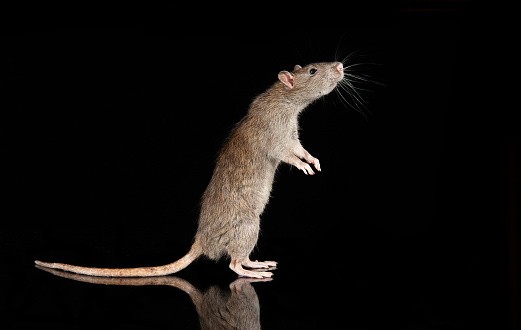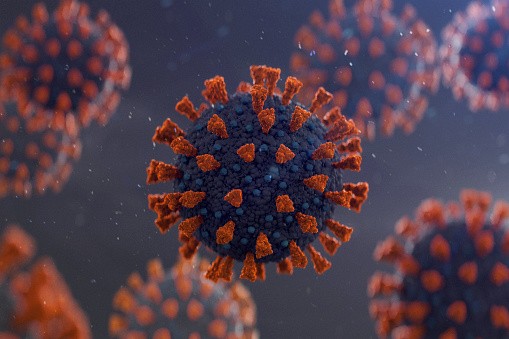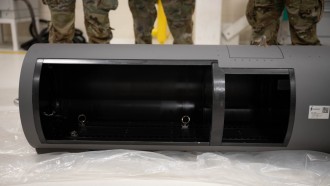Hantavirus has infected six mice in the Mount Laguna area, according to a report by Fox5 San Diego.

The six mice included five deer mice and a single brush mouse, all collected during routine monitoring in the area. The mice subsequently tested positive for the hantavirus, which county health officials announced to the public.
As a result, San Diego County officials are now reminding residents never to sweep up or vacuum after any rodents they find in their sheds, garages, homes, or cabins. They were advised to use "wet cleaning" methods to ensure that they don't inhale the virus once it goes airborne.
Hantavirus is a very common viral infection among wild rodents in San Diego County. In 2019, 42 such detections were made, and last year, a total of 25 were identified. But while people are rarely exposed to the virus, it can cause potentially fatal infections for which there's no cure or vaccine.
A hantavirus outbreak is the absolute last thing the world needs right now. Coronavirus is still wreaking havoc throughout the globe, infecting 214 million people and killing almost 4.5 million, according to the latest data from the WHO.
Read also: WHO Investigates New Marburg Virus-Experts Claimed the New Ebola-Like Disease Has 88% Mortality Rate
Hantavirus At a Glance
The hantavirus, as previously mentioned, is common in wild rodents. They shed the virus through their urine, saliva, and feces. Once these secretions dry up, the virus can be stirred airborne, where people can breathe it in.
Once a human breathes the hantavirus in, it causes hantavirus pulmonary syndrome or HPS. According to the CDC, it is a severe and sometimes fatal respiratory illness in humans. It is a very potent virus because even healthy individuals are at risk of getting ill after getting enough exposure.

Fortunately, cases of HPS have been quite rare all over the world. Aside from rarely affecting humans at all, there's been literally no case of a hantavirus infection being passed on from one human to another. Still, it's always good to be warned about this specific infection, considering it can be spread airborne, unlike most coronavirus variants.
But this doesn't mean there's been no instance of death from a hantavirus infection. In the CDC news archives, there was an outbreak of HPS (which was previously unknown at the time) back in 1993 in an area in the Southwestern US known as "The Four Corners." The case involved a young and physically fit Navajo man who died very quickly after being rushed to a New Mexico hospital for shortness of breath.
But since this case and the others that followed it, there has been no other major outbreak. Furthermore, experts unanimously agree that the hantavirus still isn't potent enough to become a pandemic.
How To Protect Against It
As previously mentioned, the most dangerous aspect of the hantavirus is that it can go airborne. To prevent just that, cleaning up after a rodent infestation must be done by wetting the immediate area. By doing so, you ensure that the dried-up secretions of rodents won't stir the virus into the air.
Related: Hantavirus: Signs, Symptoms, And Everything You Should Know About This Potentially Deadly Virus
This article is owned by Tech Times
Written by RJ Pierce












